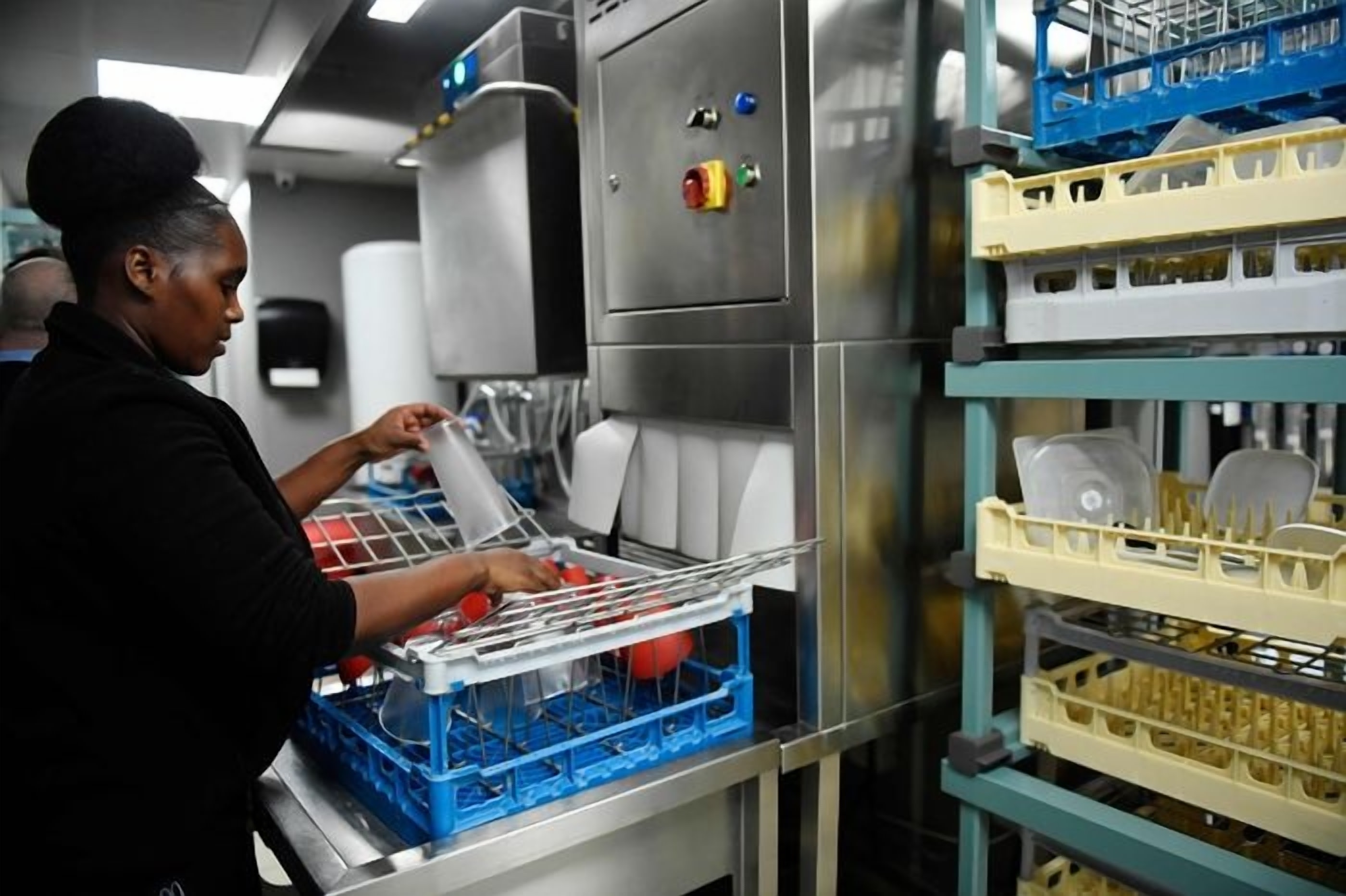McDonald's Tests Plastic Reduction Amid Pressure
Mcdonald's Corp

McDonald's is planning to release a report next year that evaluates the benefits and drawbacks of reusable packaging in its global restaurants. This move is in response to increasing pressure to reduce plastic usage, with European laws requiring the fast-food chain to provide more sustainable packaging.
McDonald's has already implemented reusable packaging for meals served on-site at its French outlets and upon request for drinks and ice cream sold at its German stores. The upcoming report will analyse the impact and viability of expanding these practices globally.
The company will also consider other circular solutions, such as improving the recycling of its fibre-based packaging. The report will draw on the experiences of McDonald's in France and Germany, as well as other locations, to evaluate the potential benefits, risks, and environmental impact of reusable packaging.
As governments and investors push for a reduction in plastic waste, fast food chains are exploring solutions such as reusing and recycling plastic utensils, cups, and tableware.
However, these efforts may not always be effective due to limited recycling infrastructure or a lack of consumer participation. McDonald's is joining this effort by evaluating reusable packaging, as the fast-food giant faces pressure to offer more durable containers under European laws.
Featured Article: The Future of Sustainable Packaging: Embracing Eco-Friendly Solutions
In February, McDonald’s commissioned a study on reusable packaging in Europe, conducted by consulting firm Kearney Inc. The report revealed several problems associated with the containers.
According to a report commissioned by McDonald's and carried out by Kearney Inc., reusable packaging in the fast-food industry poses a range of challenges. The report found that a reusable cup made of bulkier plastic than a disposable cup needs to be used 50 to 100 times to make it more environmentally preferable. It also identified issues such as the higher cost of durable plastic, in-store collection of containers, and the energy and water required to wash them for informal dining companies.
According to John Blake, a senior director analyst at Gartner, sustainable packaging is complex, and reusable packaging is only one potential solution. Factors that make it complicated include the need for consumers to return the containers so that they can be washed and recycled properly. These containers would need to be reused many times to have a positive environmental impact. Blake was not involved in the report.
John Blake, senior director analyst at Gartner Inc.’s supply chain practice, emphasised that there is no one easy solution for sustainable packaging and that industries must test and pilot various paths in their sustainable packaging plans, including reuse, reduction, and recycling.
However, Gartner predicts that most companies with ambitious packaging reduction goals are likely to miss them in 2025, mainly due to the lack of recycling infrastructure and the challenges of recycling or replacing single-use, flexible plastic packaging.
McDonald's sustainability strategy includes achieving 100% renewable, recycled, or certified packaging sources by the end of 2025, and the company has shifted primarily to paper-based packaging. However, it still uses disposable plastic for lids and packets, and its paper cups have protective coatings.
Meanwhile, European laws are increasingly restricting single-use packaging, with France mandating reusable packages for in-store eating at restaurants with 20 or more seats and Germany requiring reusable options for takeaways from food sellers with at least five employees and 861 square feet of space.
While there are no large-scale reusable packaging laws in the US, some states like California and Colorado have placed fees on disposable packaging to boost recycling rates.
In 2020, McDonald's received a shareholder proposal from As You Sow, a nonprofit group, asking for a report on the environmental benefits of alternatives to single-use plastic. Although the proposal won about 42% support from stockholders, McDonald’s informed As You Sow that it was planning to carry out a similar study before the proposal.
As You Sow filed a new proposal requesting a report on the environmental benefits of reusable packaging, which was withdrawn after McDonald’s agreed to publish a report.
Yum Brands and Restaurant Brands International have also been asked to report on the environmental benefits of reusable packaging by As You Sow. Yum Brands and Restaurant Brands International have already piloted reusable packaging at their respective stores and will share their progress in reports.
Source: The Wall Street Journal



